 If you wake up dreading putting your feet on the ground and taking those first few steps because of an intense pain in your heels, then it sounds like you could have Plantar Fasciitis. Don’t worry! While this condition can be extremely limiting and painful, you’re in the perfect place as heel pain is one of our specialities here at Perform Podiatry. Here’s what you need to know about Plantar Fasciitis.
If you wake up dreading putting your feet on the ground and taking those first few steps because of an intense pain in your heels, then it sounds like you could have Plantar Fasciitis. Don’t worry! While this condition can be extremely limiting and painful, you’re in the perfect place as heel pain is one of our specialities here at Perform Podiatry. Here’s what you need to know about Plantar Fasciitis.
Because there are other tissues and structures around your heels and arch, the first step is to see your Podiatrist so they can confirm a diagnosis and rule out the pain being caused by anything else. Typical signs of Plantar Fasciitis include:
The first step to treatment is getting a complete picture of what is happening with your feet and what the cause is, especially as there are often multiple contributing causes. From there, your Podiatrist will create a comprehensive treatment plan for you that takes into consideration your daily activities, lifestyle and goals. Initially, the focus of the treatment plan will be to reduce your current symptoms and get you out of pain, while long-term your treatment plan will work to prevent this from happening again. Once you’ve had plantar fasciitis, you’re more likely to damage your fascia again, so this must be a primary focus.
Depending on the severity of your symptoms, your treatment may include:
Depending on your symptoms and circumstances, various other treatment modalities may be recommended for your recovery, such as splints and pads.
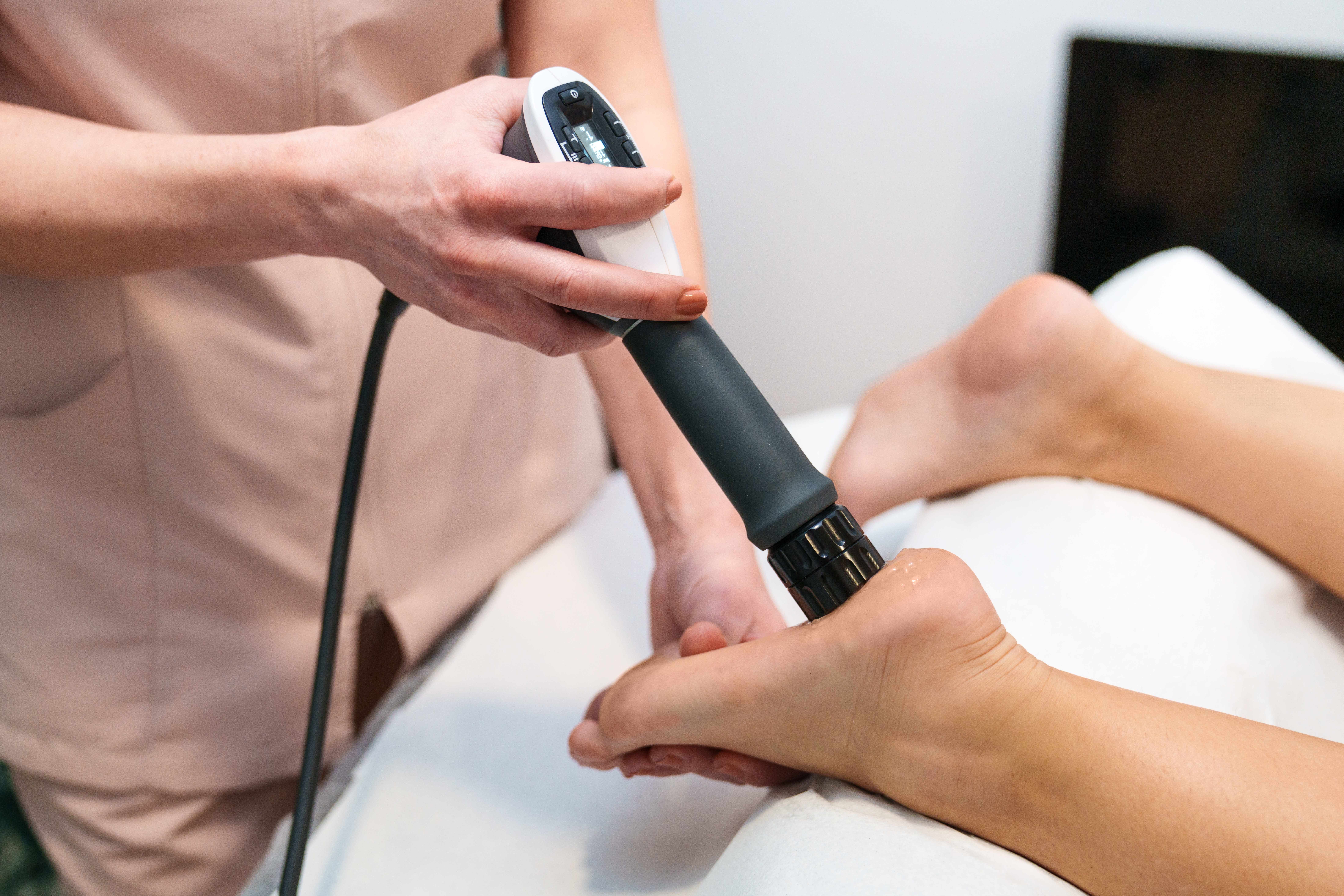
.jpg)
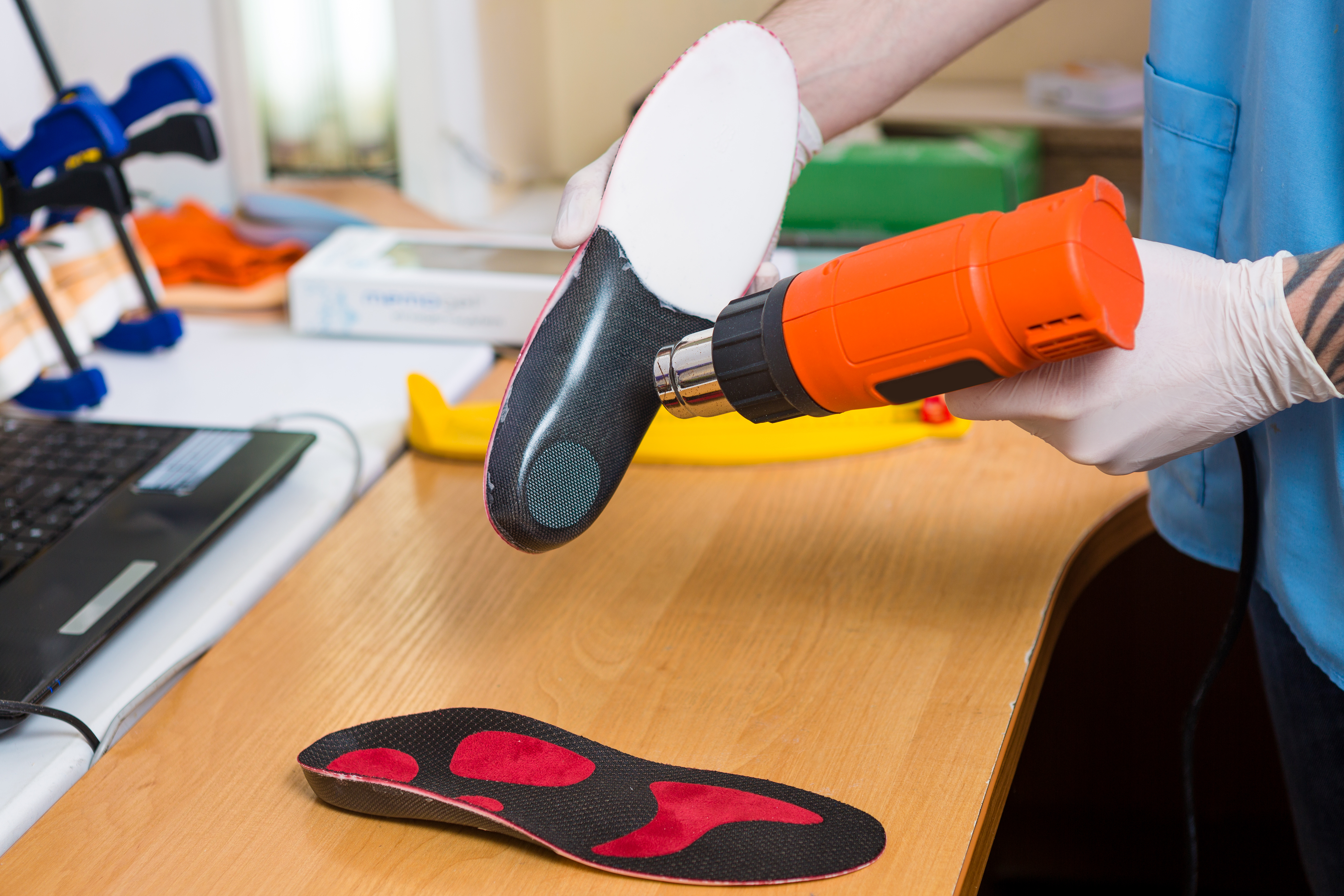
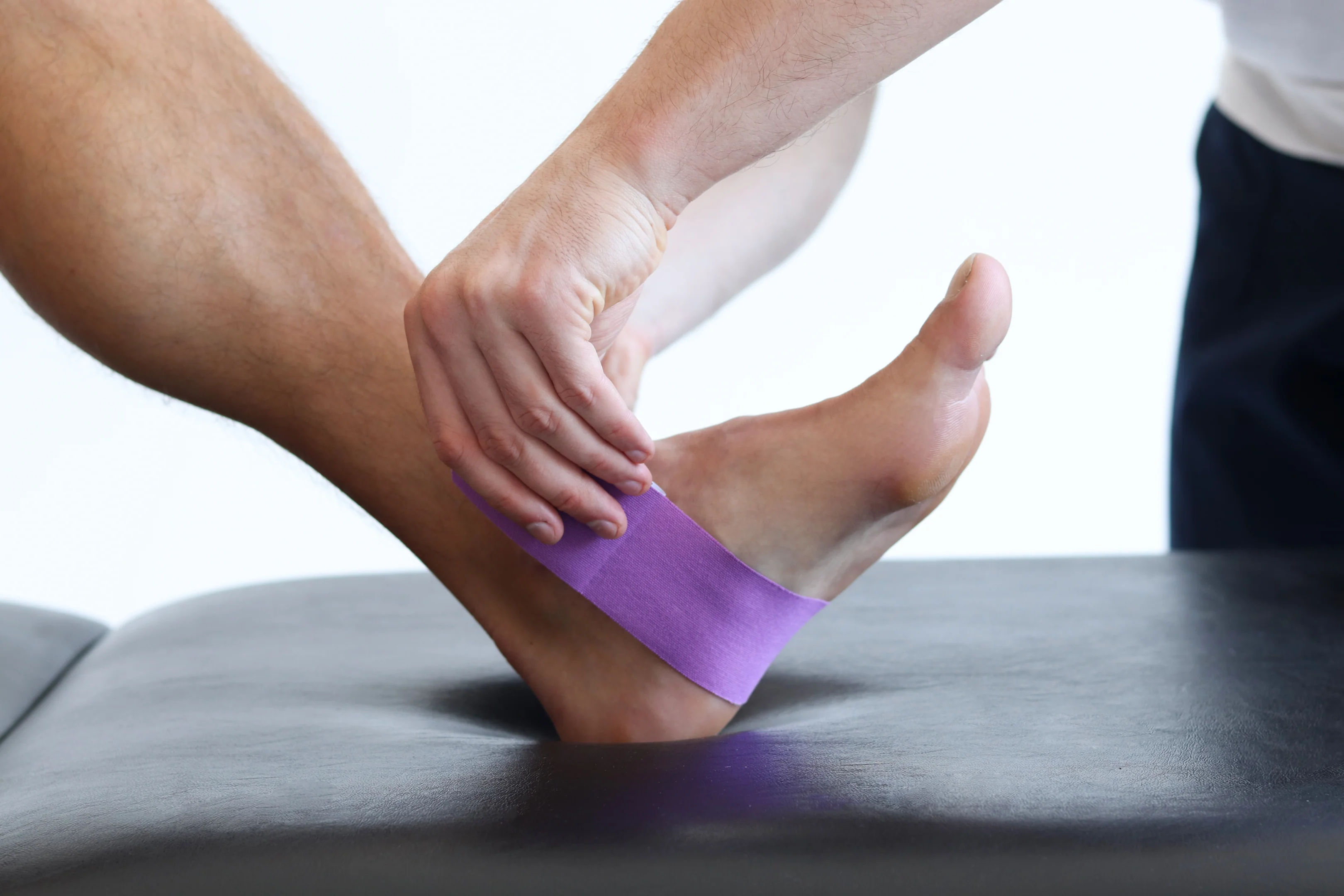
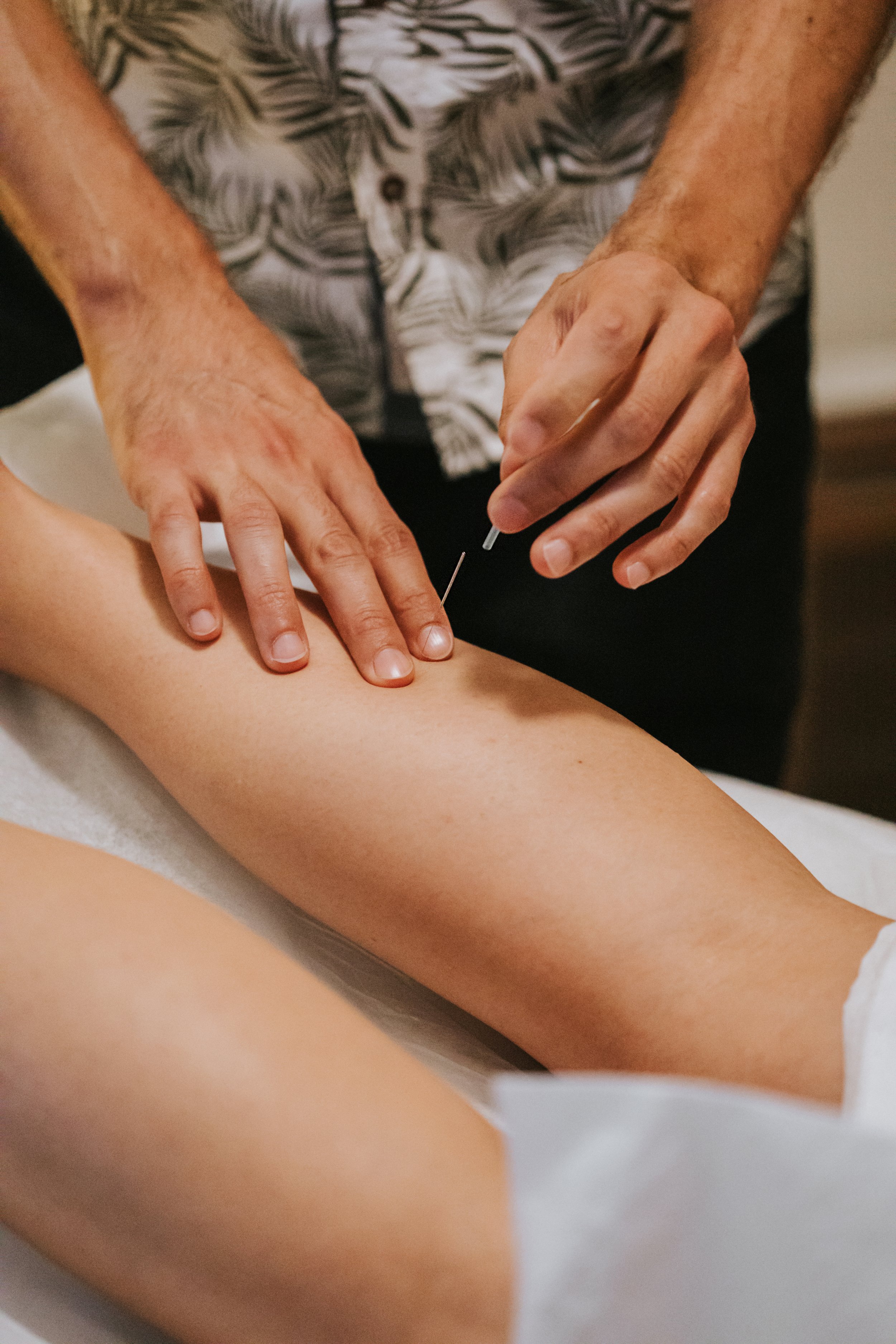


If you’re unsure whether you should wear walking or running shoes when exercising, this article is for you.
We explain the differences between walking and running shoes and how to determine which one is best for your feet. When it comes to buying a new pair of shoes, most people walk into a store expecting to just “find something comfy.” Then, suddenly, you’re asked: Are you looking for
walking shoes or running shoes? And that’s where the confusion begins. Because for many people, the answer isn’t that simple.
You could walk a lot – to work, around the block, chasing after the kids, or while catching up with friends. You could have also just joined
a gym or registered for the Couch to 5km. Or you could be a walker who just wants the option to go for a run if the mood strikes. So, which
shoe do you pick?

Discover why foot health is so important as we age and how Perform Podiatry supports seniors in staying mobile, independent, and pain-free. From diabetic care to personalised treatment plans, we’re here to help keep your feet happy and healthy, every step of the way.
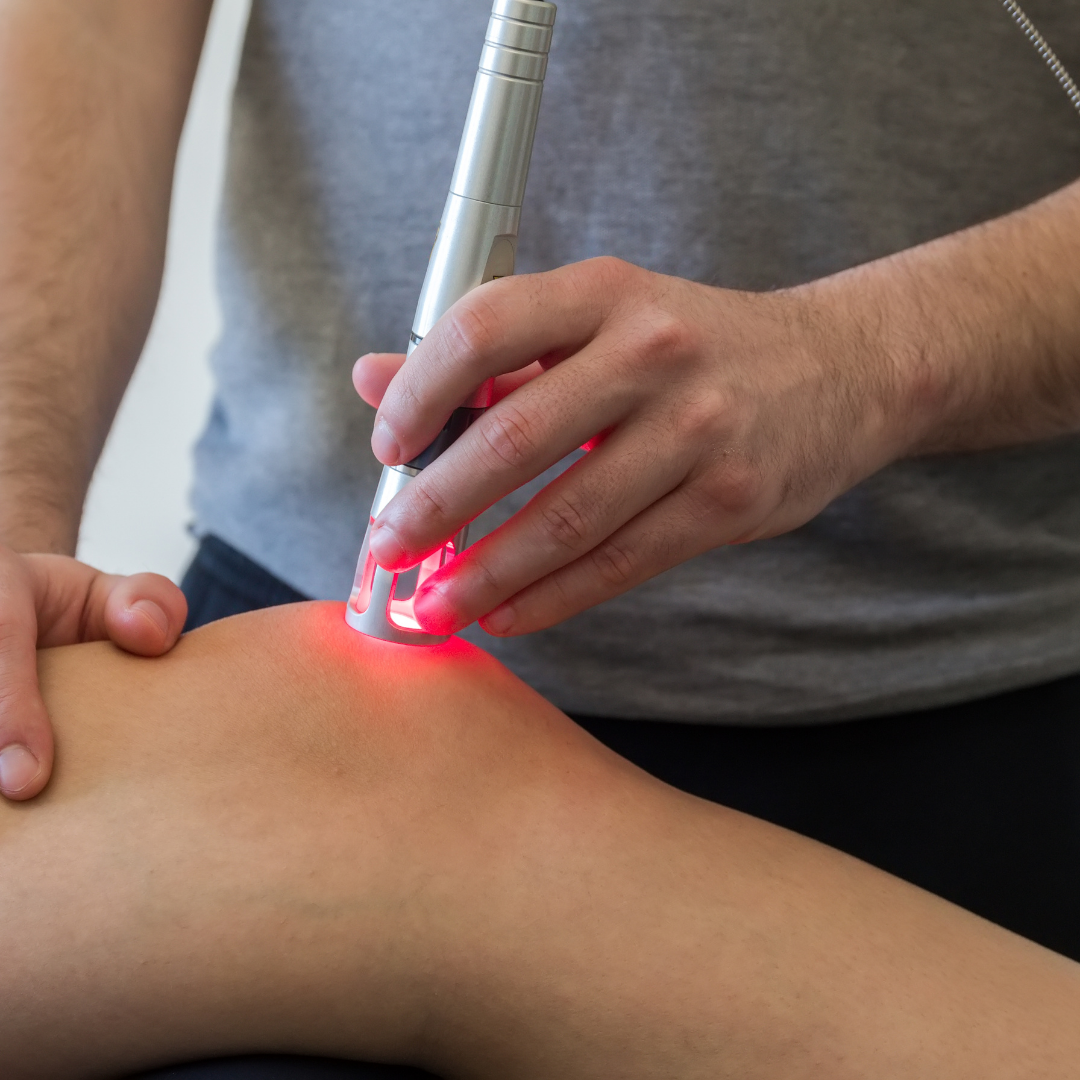
Discover how Class IV Laser Therapy at Perform Podiatry offers powerful, drug-free relief for foot and ankle pain. Backed by science, this advanced treatment helps you heal faster and move better, without the need for surgery or medication.
Keeping your family on their feet and helping them to walk, run, play and exceed their goals is why we love getting up in the morning.
Ground Floor, One Health Building
122 Remuera Rd, Remuera
Auckland 1050, New Zealand
| MON - FRI | 7:30am – 6:30pm |
| SAT | 8:30am – 4:30pm |
| SUN | Some availability |
Make an Appointment
Online Schedule
Our virtual receptionist is available 24/7 to help with general questions, booking requests, and clinic information, even when our team is busy, or it's after hours.
Whether you're calling us or using our website, you'll get fast assistance any time of day. And if your query needs a personal touch, a member of our team will follow up as soon as possible.